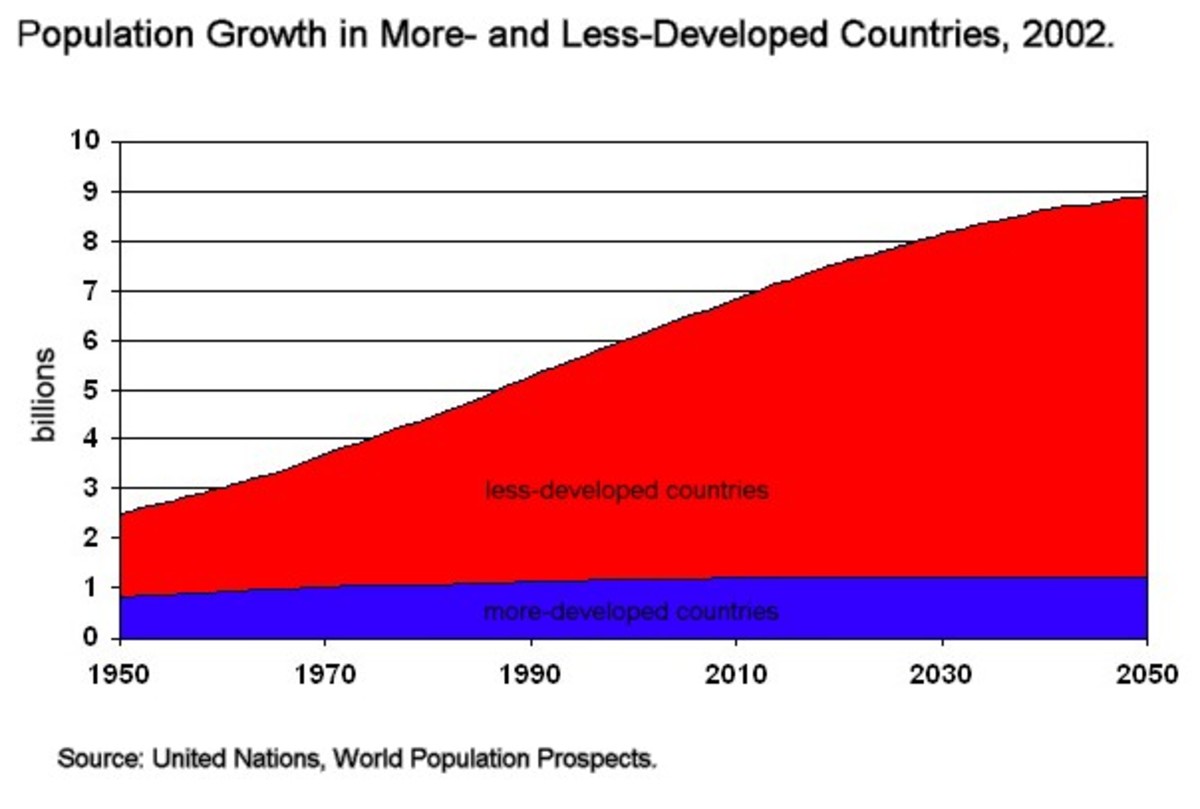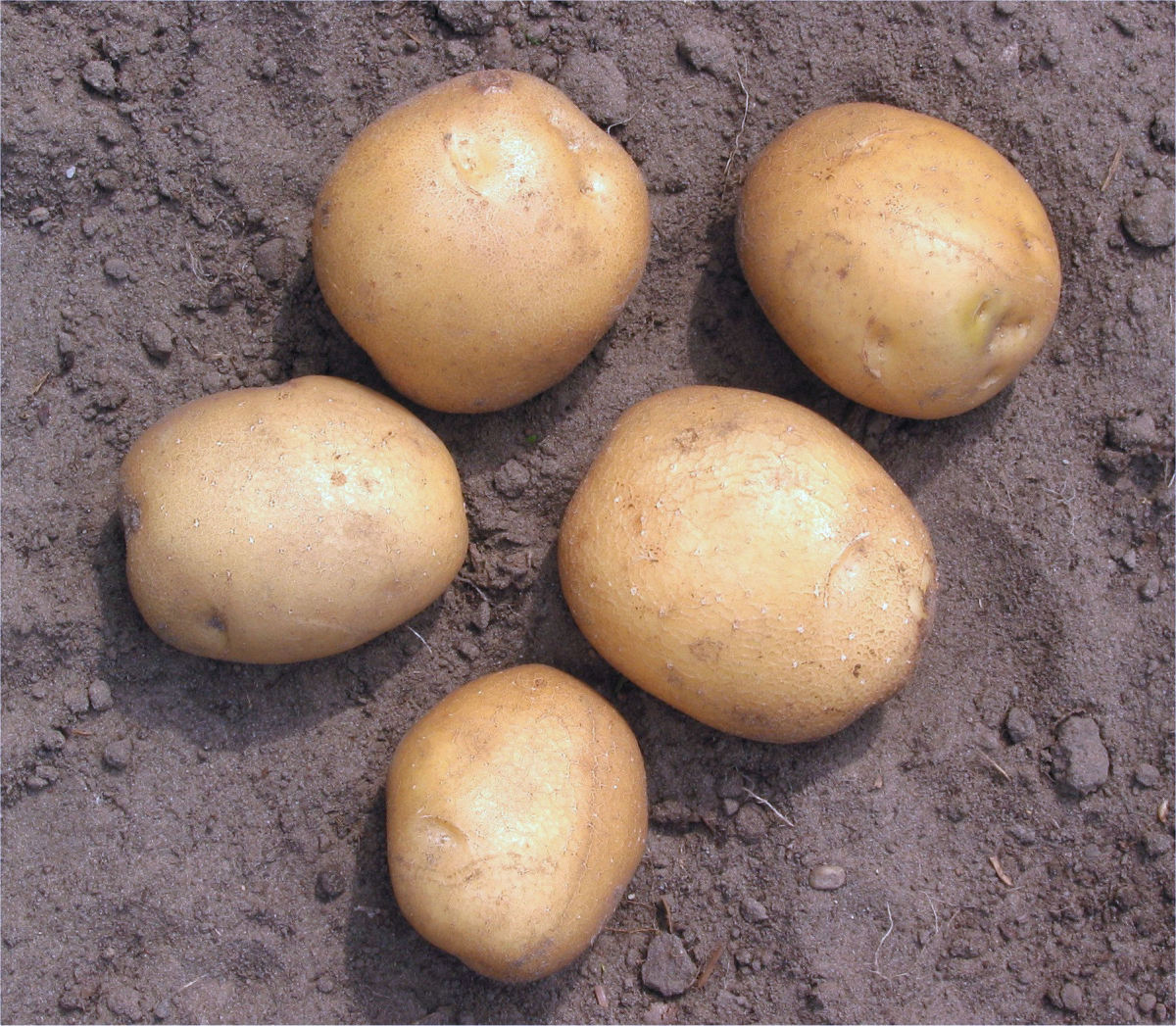Malthus and Marx

Malthus is back, with a Vengeance.
“Famine seems to be the last, the most dreadful resource of nature. The power of population is so superior to the power of the earth to produce subsistence for man that premature death must in some shape or other visit the human race.” –Malthus
Malthus said that as the material conditions improve, population will increase to use that all up and then the general condition of the population will turn back to misery. He said that the perpetual condition of humans as a whole is misery. There was only one problem though, he said that in the beginning of industrial revolution and the subsequent history proved him wrong, or did it?
No one who writes about the present improvement in riches or technology can help taking a dig at Malthus but the last laugh will be his. Malthus said that population will increase and use up all the extra resources. However, he did not set any period. He also did not say food will be used up, but said ‘famine’. Famine can occur in the midst of plenty!
First, why people say he was wrong and where did he go wrong.
1. Malthus said population would go on increasing when the means are available.
2. He also said that ones the population increases means of subsistence will run out and the population would starve to death.
This anyone can see, is not completely right, if not completely wrong. Where did he go wrong? He did not anticipate the revolutions in technology and medicine that was about to be unveiled. Modern medicine help people restrict their family size, and technology developed means to increase the food production faster than the population growth. If not for this factors Malthus would have been correct, after all he was correct in his description of the past not only of humans but also of all living things. It suffixes to say that he was an inspiration for Darwin, who modeled his theories based on Malthus. He was wrong only by two centuries, though we think it as a long time; imagine modern humans were here for the last forty thousand years and humans for the last two million, a mere two centuries is nothing compared to the thousands. Though the developed world has escaped the Malthusian trap, the rest of the world has not. Most of the sub Saharan Africa is still plagued with it. So the only a few places really are an exception to Malthus, and we will soon see that they too are not really an exception but just has an extended periods of abundance until the misery catch up. After all, Malthus did not put any time limit but only said it would catch up.
Moreover, Malthus is back. Though I said food would be used up, if we look at the quote we can see that he said ‘subsistence’. There is difference. If people cannot get food, if they do not have means to bring food to their plate, then again, the situation is the same; there will be poverty in the midst of plenty. The same situation Malthus predicted will be there. Why does this happen, because as I already noted in my other hubs –service economy. There will be job losses and high inequality. Even though so much wealth is produced, people cannot afford it. In the past also there was a similar situation, even when the majority of the populace lived in poverty, the kings and other elites lives in opulence. When their subjects begged for food, they built monuments and places. The same situation is repeated now, and we have to turn our attention to our next philosopher who is derided the most – Marx.

Marx is right, occasionally.
Marx contended that capitalism is headed for a crisis called ‘overproduction’. The technology that helped the producers (bourgeoisie) cause over production of the very same production. In addition, the bourgeoisie are impoverishing the workers (proletariat) by using the technology to extract more wealth out of them. This inequality will increase and workers will not be able to afford the products the companies produce and the ‘demand’ fall and the system will collapse. Marx predicted that the only way to avoid this collapse is a proletarian revolution that abolishes private property. Marx is right, except for his solution. The reason the collapse did not happen until now, is because of the emergence of communism, which prompted the bourgeoisie to increase the salaries of the proletariat, and the development of technology which provided the need for skilled workers and the completion among the companies to get the skilled workers which pushed up the salaries. All of these helped the formation of a middle class and help reduce the inequality. All these are now in the reverse, inequality is increasing and this are going as Marx predicted.
Will there be a proletarian revolution? May be, but abolishing private property and communizing means of production is not a solution as technology made it sure that we do not employees. Even if all the companies were nationalized, they will not workers and as they do not need workers, they will not be able to give salaries and without salaries, people will get back to, Yes, the same Malthusian trap.
What we should do is acknowledge these two thinkers and think more deeply about what they said instead of criticizing them. Too much ink is wasted on proving how they were wrong. Now that they were about to be proved right, at least now we should acknowledge their foresight and think about ways to overcome the limitations they proposed. If we fail to do that we will jumping into the very same trap they warned about, a trap from which we may not get out alive.








